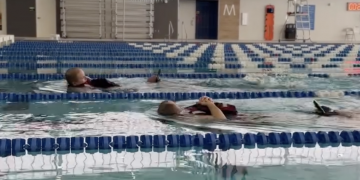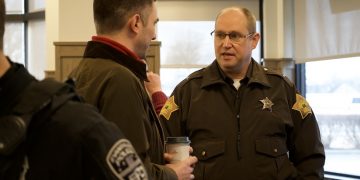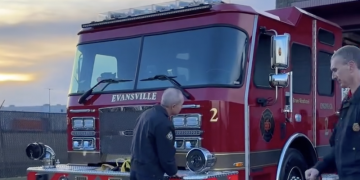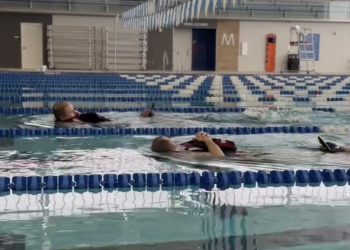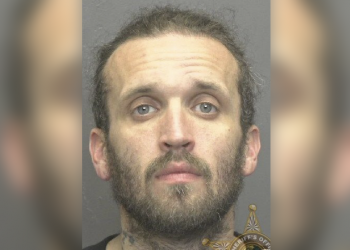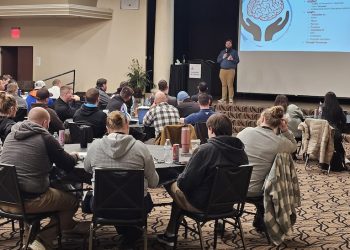Indianapolis, Indiana – Local pediatricians believe that preventative measures, similar to those used during the COVID-19 pandemic, may aid in halting the spread of a respiratory disease that is especially hazardous for newborns and small children.
The Respiratory Syncytial Virus, which, according to the Centers for Disease Control and Prevention, hospitalizes roughly 60,000 children under the age of five each year, can be prevented by wearing a mask, washing your hands frequently, and staying home while you’re sick.
According to the CDC, almost every child will have contracted RSV by the time they are 2 years old, and infections often peak in the fall and winter. Typically, the virus only causes a little, cold-like illness. It may cause pneumonia or bronchiolitis in more severe situations.
RSV is especially harmful to infants because it changes the way that they breathe, which can make it difficult for them to feed and cause dehydration.
RSV infections will increase this year, according to pediatricians at Ascension St. Vincent, who told News 8 that this is because many people have stopped taking the steps that helped to prevent the virus during the coronavirus pandemic.
RSV isn’t just a problem for babies, according to Dr. Kay Sichting, director of the pediatric intensive care unit at Peyton Manning Children’s Hospital in Indianapolis.
“We’re seeing toddlers getting sicker than we’ve seen previously and they end up getting hospitalized when usually they’re just at home with a bad cold. Then we’re also seeing, of course, our infants that we see every time RSV comes around,” Sichting said.
Runny nose, poor appetite, and a cough that can cause wheezing are all RSV symptoms.















